How to distinguish between Guixia Village| Bid, Gold Bid, Red Bid, Green Bid, Chaka Lot Rose Summer, what do you have?
Professional coffee knowledge exchange more coffee bean information please follow the coffee workshop (Wechat official account cafe_style)
Recently, some fans asked about Jinbiao Rose Summer, which is not from Jade Manor, but from Rose Xia Village.
The jadeite manor is mainly graded by the planting height, supplemented by the actual cup test results, and the rose summer beans are divided into "red, green and blue" grades. [Emerald Manor] consists of four farms: Ca ñ as Verdes, El Velo, Jaramillo and Palmira. All coffee beans are sent to four farms for post-processing. The difference between the green mark and the red mark, distinguish the jadeite manor "red mark", "green mark", "blue mark"!
The internal classification of Gesha Village in Ruoxia Village is also divided into competitive bidding, gold bid, red bid, green mark and Chaka batches. Zuoxia Village includes three varieties, namely, Gorixia (Gori Gesha), Zuoxia 1931 (Gesha 1931) and Illubabor (Essel original disease resistant variety).
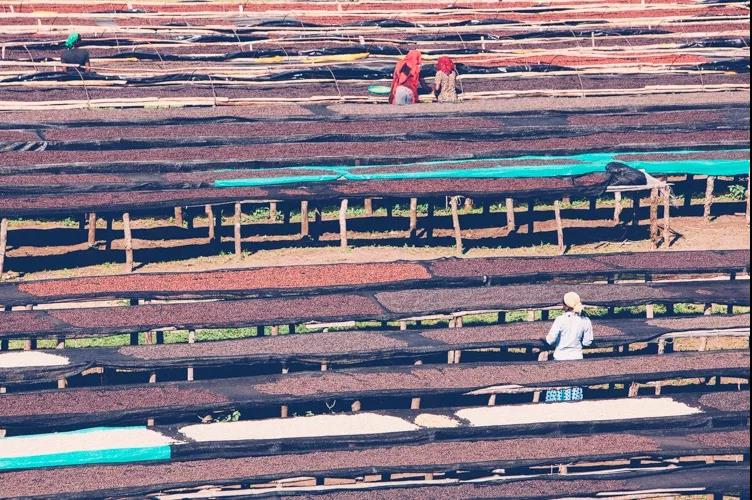
Gesha Village, Ruoxia Village (source: GrandCru)
Gori Gesha forest, where the rosette species were first discovered.
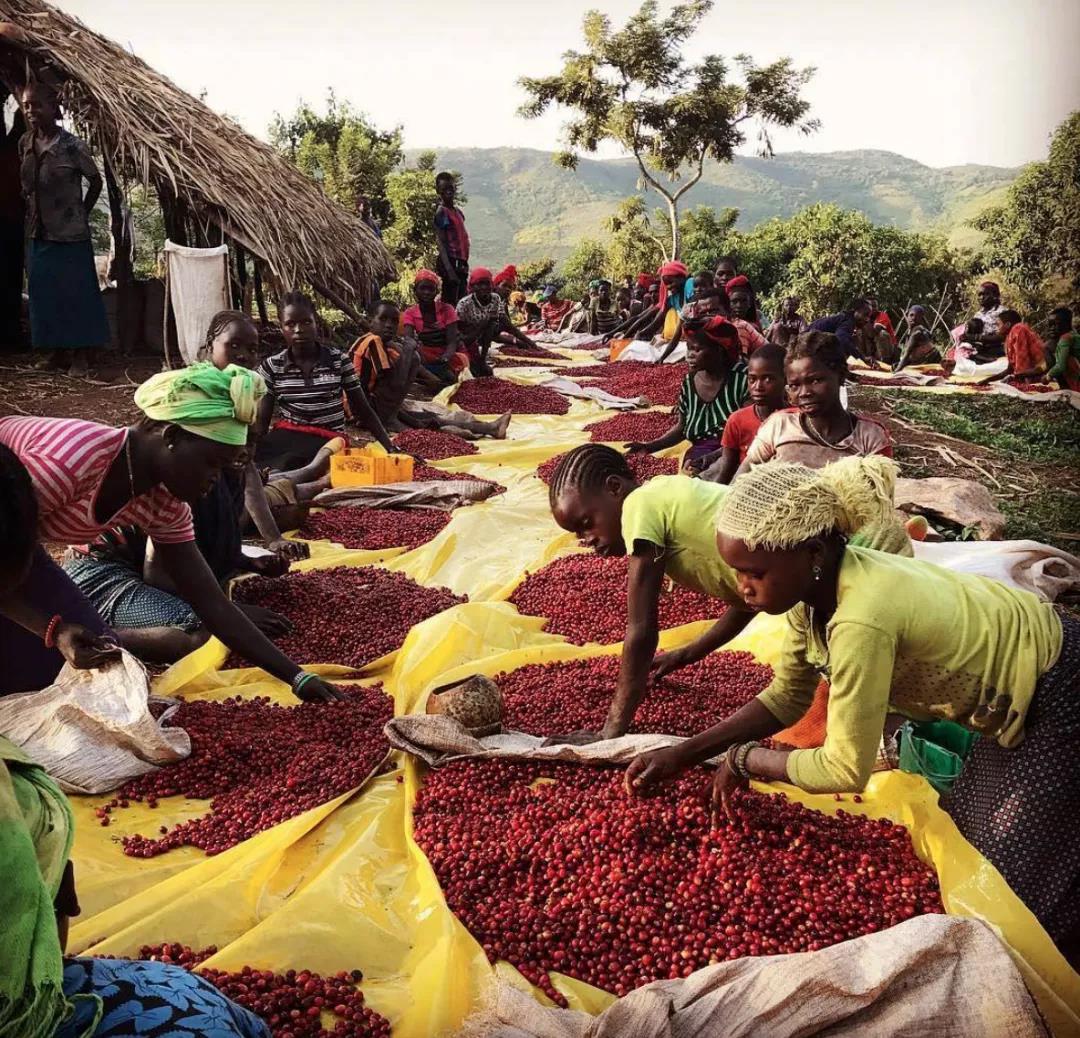
In 2011, Adam followed his consultant Willem Boot on an expedition in the forest around the manor, where he discovered a variety of wild tree species in a jungle magically surrounded by dense forests, of which the most surprising was the wild rose summer. Later, they learned that this was the Gori Gesha forest, where the rose summer coffee variety was first found.

They collected seeds from native rose summer trees, and after careful screening, they sent the seeds to professional institutions for genetic testing to determine that they belonged to the original collection site of Panamanian rose summer varieties; then, through the study of the plant shape of coffee trees, the appearance and size of coffee beans, and the cup test results, they selected the roses that are closest to the current Panamanian rose summer, and began to raise seedlings.

Adam has his own understanding of the treatment of coffee, highlighting its regional flavor with high-quality sun and water washing, supplemented by a small amount of honey treatment and other experimental batches.

Gesha village Honey process. Harvest 2017/18.
-Coffee varieties now grown in Rosa Village
Because of its name, the coffee farm in Rosa Village often makes people misunderstand that only Rosa Coffee is grown in Rose Village. In fact, in addition to two varieties, there are also native species named Illubabor.
Internal grading of Ruoxia Village: competitive bidding, gold bid, red bid, green bid, Chaka batch Rosa
How to tell the difference?
Even in the top estates, there are differences in the quality of the coffee produced. In order to live up to the "flavor reputation" of Ruoxia Village, a strict grading system has been implemented within the village.
Competitive bidding batch
Accounting for only 3.7% of the annual output of Rose Xia Village, the top batch of the carefully selected manor can only be obtained through the global bidding of 2018 Rose Xia Village Coffee Manor. The cup test score of the 2018 bidding batch is 88.15-92.67 points, which is divided into champion selection (Champion's Reserve) and manor selection (Farm Reserve).
For example, Gesha Village 2018 Auction Lot RSV.6 belongs to the bidding batch.
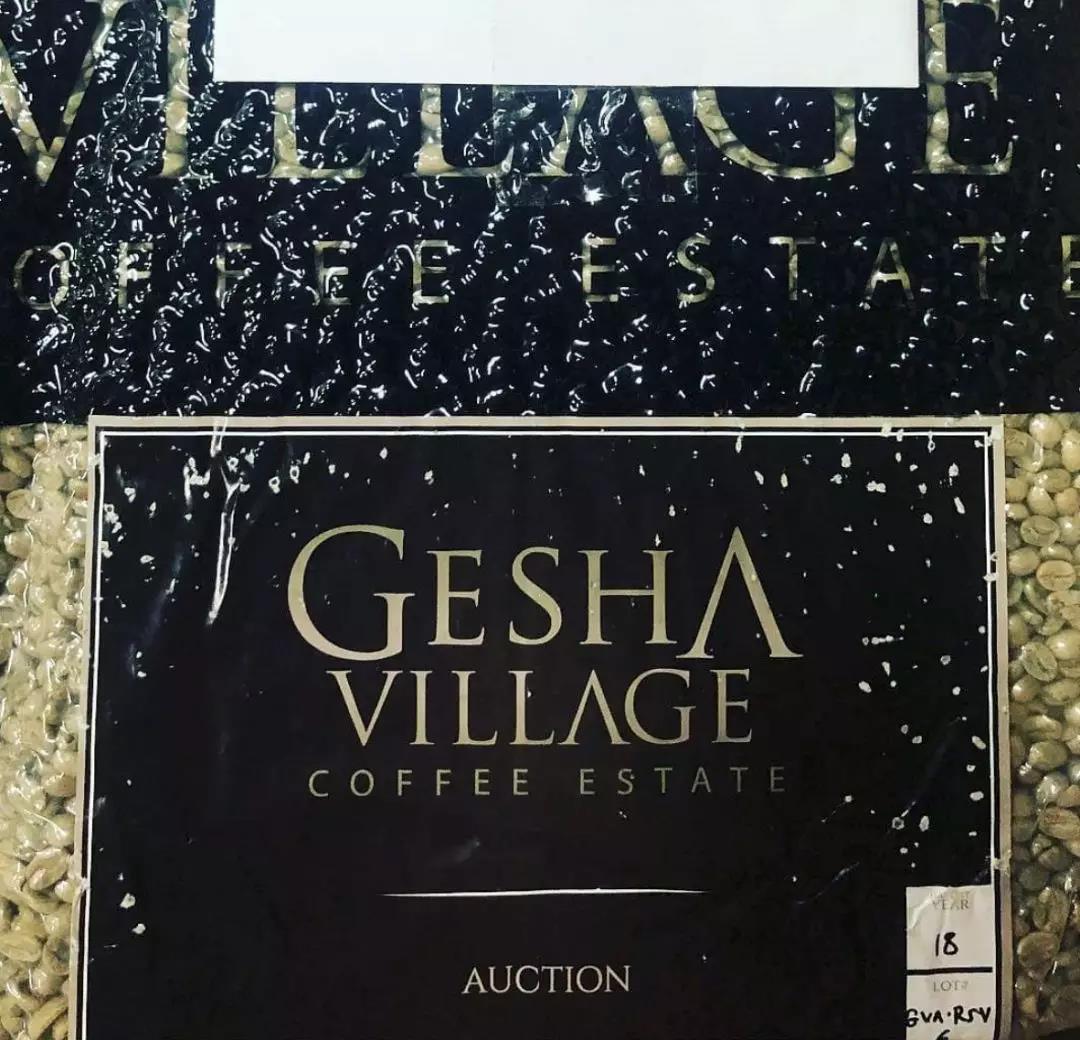
Gold standard batch
It accounts for only 5% of the annual output of Ruoxia Village. The batches usually selected by competitors from all over the world, bakers with high quality requirements will also be purchased, with complete traceability, outstanding flavor and high complexity of each batch. It is the best grade of the manor second only to competitive bidding.

Red label batches
The batch with complete traceability has the typical flavor of Rosa Village, and the flavor intensity and complexity are slightly weaker than the gold standard batch. It is a single product batch with very high performance-to-price ratio.
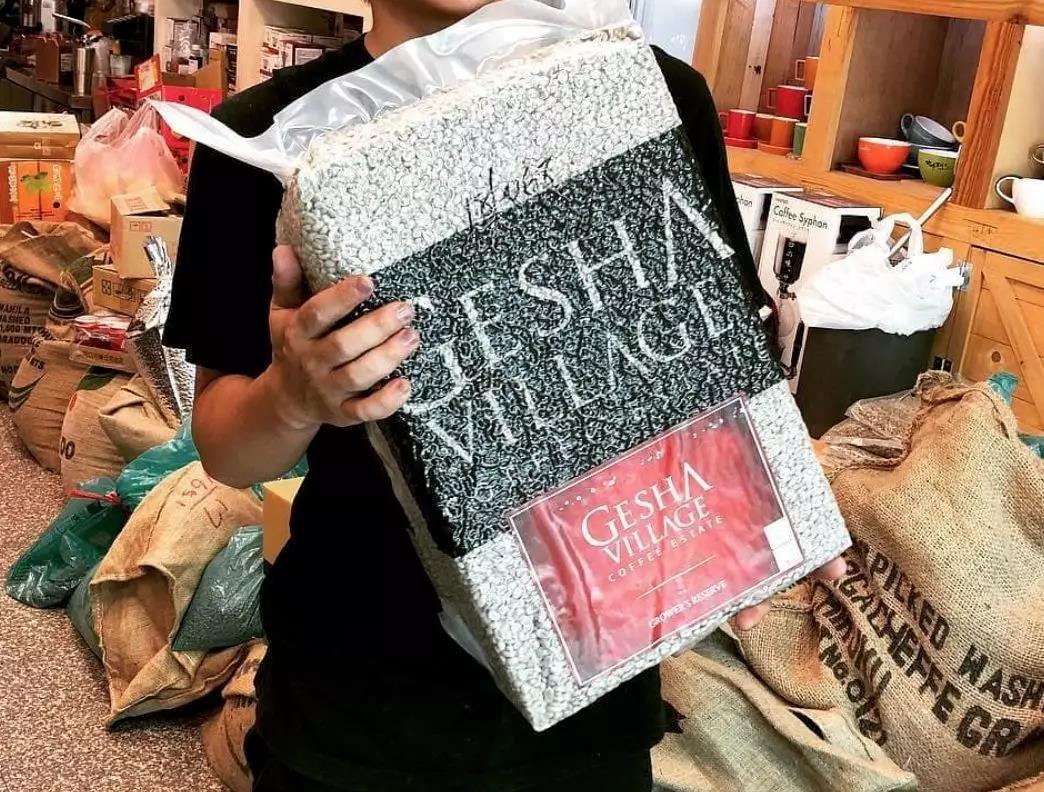
Green label batches
A batch from a single plot and a single variety, with a typical flavor of Rosa Village, with a slightly weaker flavor intensity and complexity than the red label batch.
Chaka batches
The blend of Rosa Coffee produced in Ruoxia Village includes three varieties, namely, Gori Gesha, Gesha 1931 (Gesha 1931) and Illubabor (Ethiopian primary disease resistant variety).

Ruoxia Village, with a total area of 471 hectares, has gradually expanded its planting area since 2011. by 2017, it has a planting area of about 320 hectares, making it one of the largest Rosa manors in the world. In order to better manage and polish the coffee flavor, the manor of Rose Xia Village is divided into 8 regions, and each batch is re-numbered on this basis.
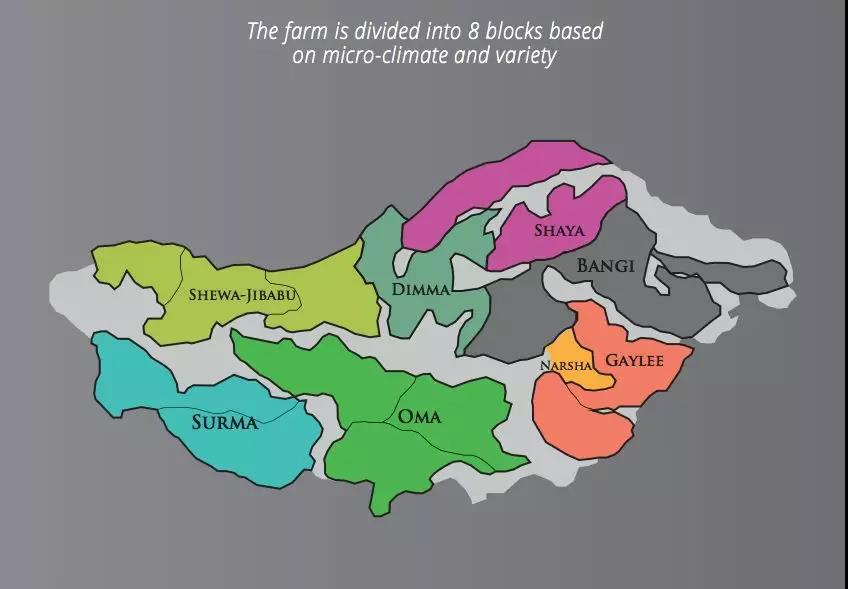
-zoning of manor plots in Guoxia Village
The manor owner of Ruoxia Village has a very detailed numbering of the land, which is convenient for later management and flavor traceability.
-area and planting varieties of different plots in Guoxia Village
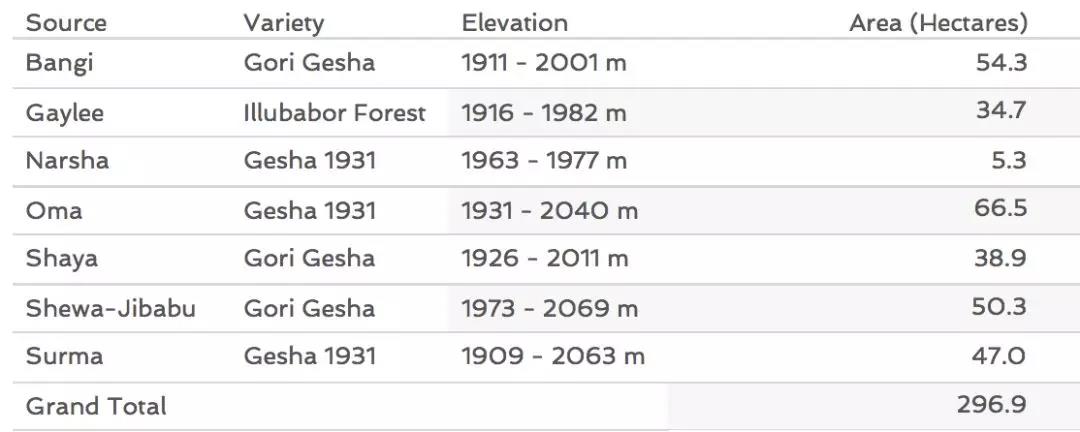
The terrain in the west of the manor is relatively high, so the three plots OMA, SURMA and SHEWA-JIBABU are slightly higher above sea level, while the shading ratio in the south is relatively higher, and the sun exposure time in the north is longer. Among the eight plots, manor managers choose the most suitable variety for each plot according to the microclimate differences such as elevation, soil conditions and shading conditions (as shown in the picture above) to ensure that each plot can form distinctive characteristics.

Bidding lots of Rose Summer Village in 2018:
Since the bidding in Ruoxia Village began in 2017, due to the phenomenon of competitive and non-competitive bidding batches with the same batch number on the market, Ruoxia Village has made great efforts to reform this year. 2018 of the bidding batches are all independent batches. The selection of bidding batches took nearly 3 months, and 31 bidding batches were finally finalized after several rounds of repeated cup testing.
Multiple rounds of strict selection of bidding batches
The first round of screening began at the end of January, when the landowners Adam and Rachel, together with their quality control team and Willem Boot consulting team as far away as the United States, began cup testing in Ethiopia and rest for more than 6 weeks. in the cup test, in order to prevent different cup test results due to different ordering, each batch of beans must go through at least two rounds of cup tests in different order to ensure accurate results.
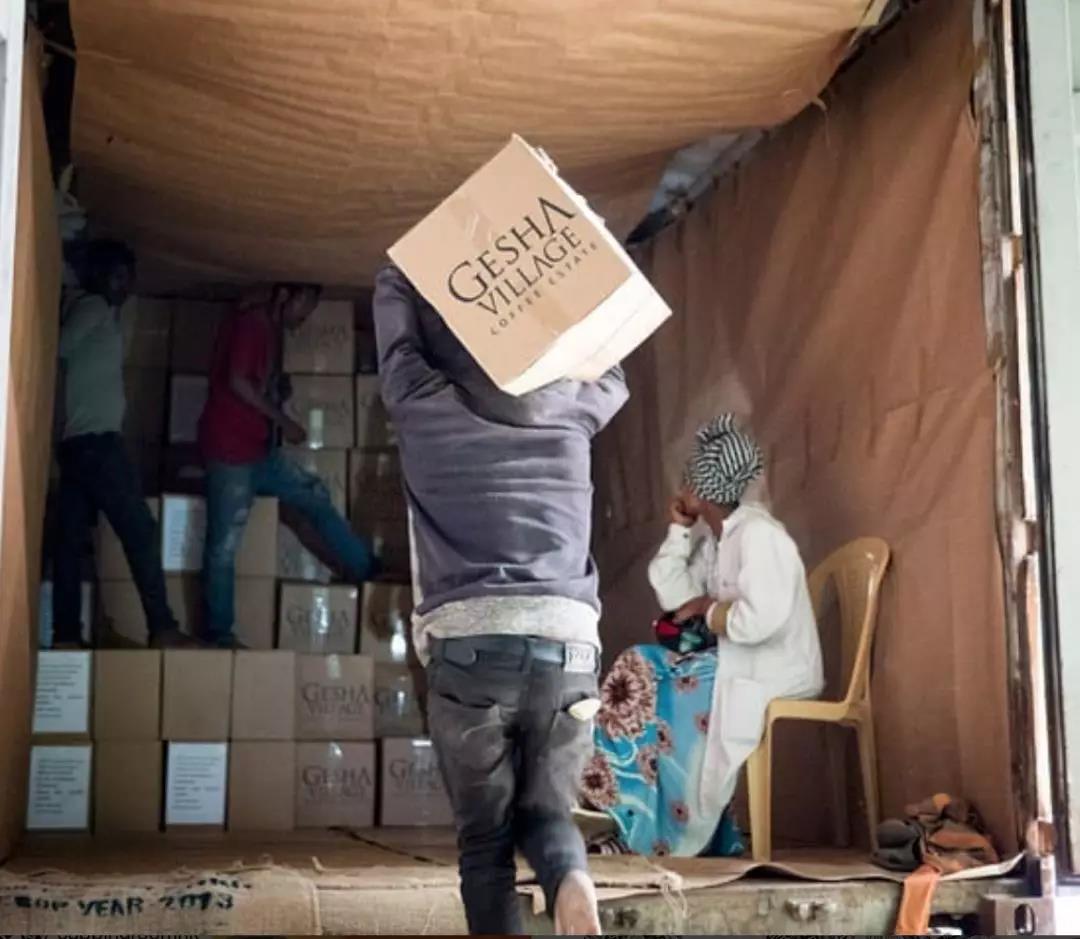
Bidding lots of Rose Summer Village in 2018
Add the size index of the number of eyes
In the end, the owner and the team finally selected the best 31 batches from 117 batches, but in order to further improve the flavor of the 31 batches, the team conducted a new series of tests. By comparing different numbers of eyes, they found that beans with larger eyes performed better in cup tests. As a result, they decided that in the bidding batch, the mesh number of Rosa 1931 was 17 or more, and that of Gori Rosa and Illubabor was 16 and more. But because Ethiopia's existing mesh screening equipment can only screen beans with 14 or more mesh, landowner Adam also bought back dozens of coffee laboratories from the United States, and hired a large number of workers to manually screen the beans in the bidding batches.
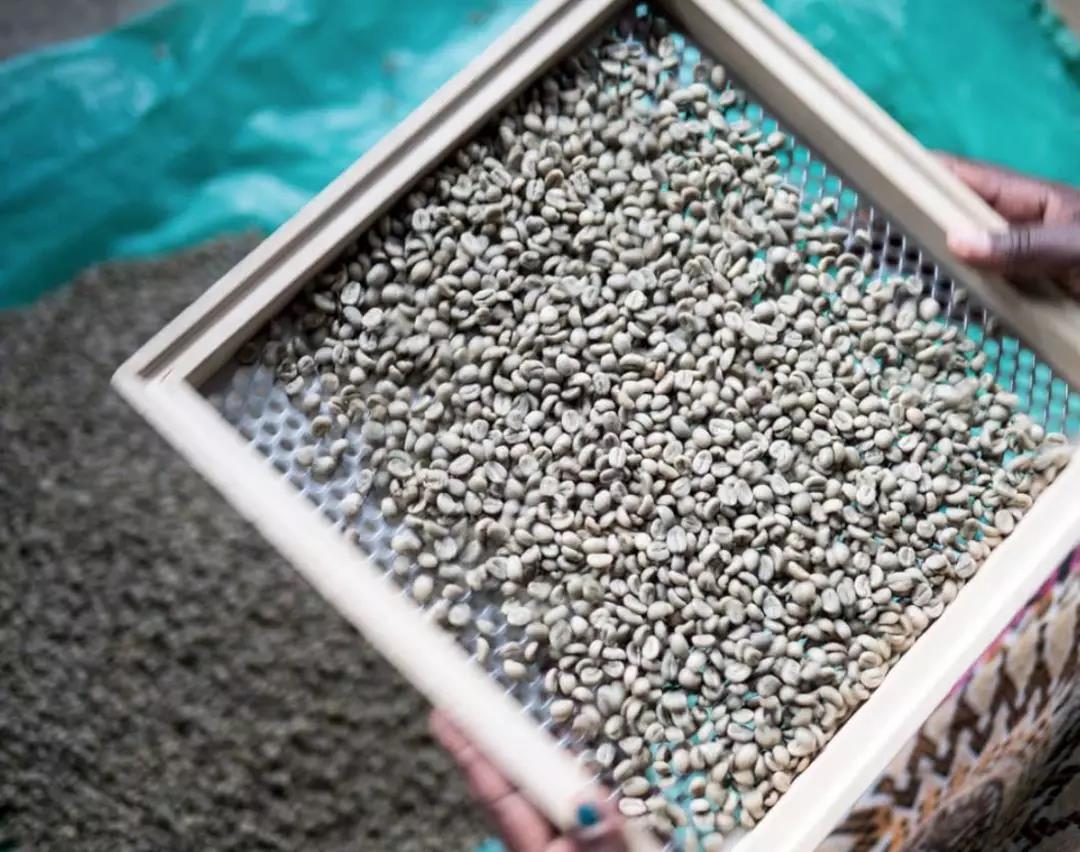
-manual screening of coffee beans
After round after round of cup tests, the bidding batches of Rose Village in 2018 were finally determined, which were divided into champion selection (7 batches, each batch only 90kg) and manor selection (24 batches, each batch only 120kg) a total of 31 batches, including 26 sun batches, 4 washing batches and 1 honey treatment batch.
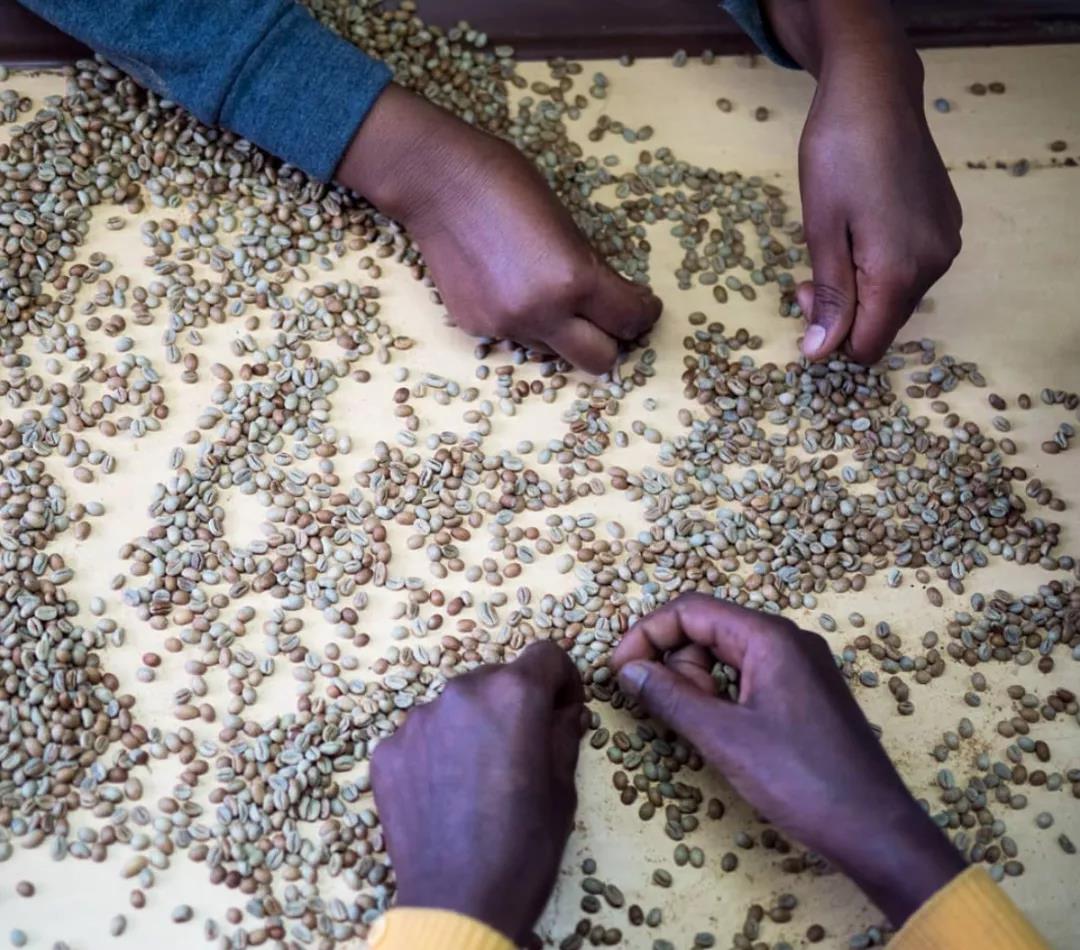
-different proportion of parcels in bidding batches
In the bidding batch, the proportion of three coffee varieties in Rosa Village is 69.1% for Rosa 1931, 27.5% for Gori and 3.4% for Illubabor.

Source: Gesha Village Coffee Estate2018 Rose Summer Village bid:
Web site: https://auction.geshavillage.com/lots/auction/gesha-village-coffee-auction-2018geshavillage.com
In the first independent bidding last year, Gesha Village in Ruoxia Village ended up with a high price, which attracted the attention of the industry.
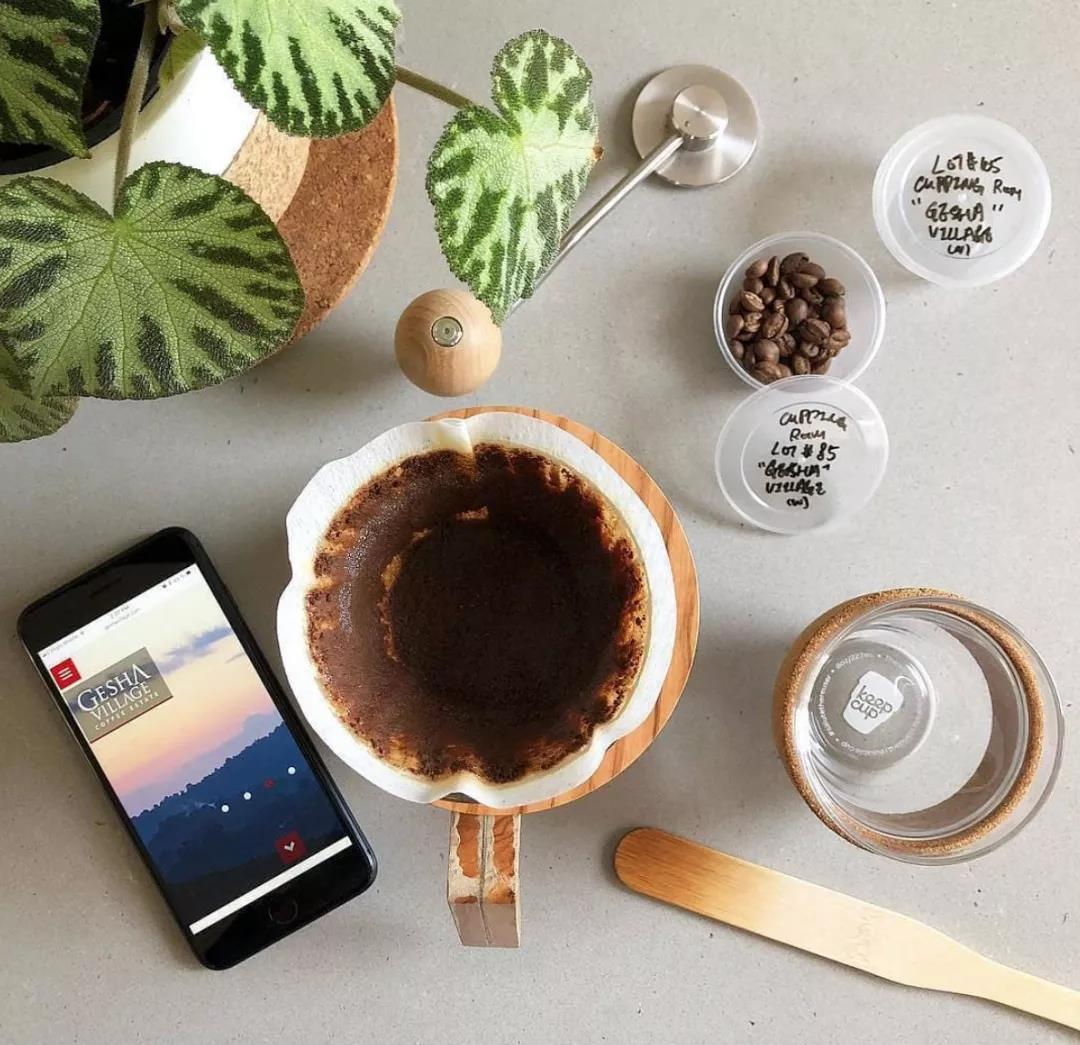
As Rose Summer has always dominated people's topic, in the eyes of coffee people, Rose Summer is undoubtedly a well-deserved goddess, how many people are infatuated with her bright and complex flower and fruit aroma, multi-level high sweetness of fruit tone and delicate soft acidity.
Important Notice :
前街咖啡 FrontStreet Coffee has moved to new addredd:
FrontStreet Coffee Address: 315,Donghua East Road,GuangZhou
Tel:020 38364473
- Prev
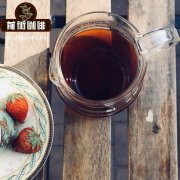
Experience of tanning yellow bourbon by hand in Santaoxing River, Brazil _ recommended grindability of Brazilian suntan bourbon coffee
Professional coffee knowledge exchange more coffee bean information please follow the coffee workshop (Wechat official account cafe_style) Brazil Coffee-San Taoxing River Manor Yellow Bourbon Bean species: yellow Bourbon Deep roasting Flavor description: Bigen fruit, caramel, dark chocolate Brazil Sentoxing River sun yellow bourbon roasting degree: deep baking grinding degree: anonymous 2-hand grinding 14 lattice 17g powder 260ml water 82C
- Next
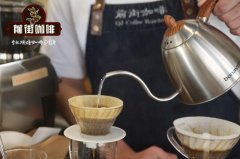
2018 production season Brazil Sun Chocolate how to drink _ Brazilian San Antonio Chocolate Coffee Story
Professional coffee knowledge exchange more coffee bean information please follow the coffee workshop (Wechat official account cafe_style) 018 new production season Brazilian coffee sun Chocolate arrived this time, we use deep baking to show his rich chocolate flavor this bean is the sales leader of Shiguang Co., Ltd. in Japan, many Japanese girls like to use this coffee on Valentine's Day.
Related
- Detailed explanation of Jadeite planting Land in Panamanian Jadeite Manor introduction to the grading system of Jadeite competitive bidding, Red bid, Green bid and Rose Summer
- Story of Coffee planting in Brenka region of Costa Rica Stonehenge Manor anaerobic heavy honey treatment of flavor mouth
- What's on the barrel of Blue Mountain Coffee beans?
- Can American coffee also pull flowers? How to use hot American style to pull out a good-looking pattern?
- Can you make a cold extract with coffee beans? What is the right proportion for cold-extracted coffee formula?
- Indonesian PWN Gold Mandrine Coffee Origin Features Flavor How to Chong? Mandolin coffee is American.
- A brief introduction to the flavor characteristics of Brazilian yellow bourbon coffee beans
- What is the effect of different water quality on the flavor of cold-extracted coffee? What kind of water is best for brewing coffee?
- Why do you think of Rose Summer whenever you mention Panamanian coffee?
- Introduction to the characteristics of authentic blue mountain coffee bean producing areas? What is the CIB Coffee Authority in Jamaica?

